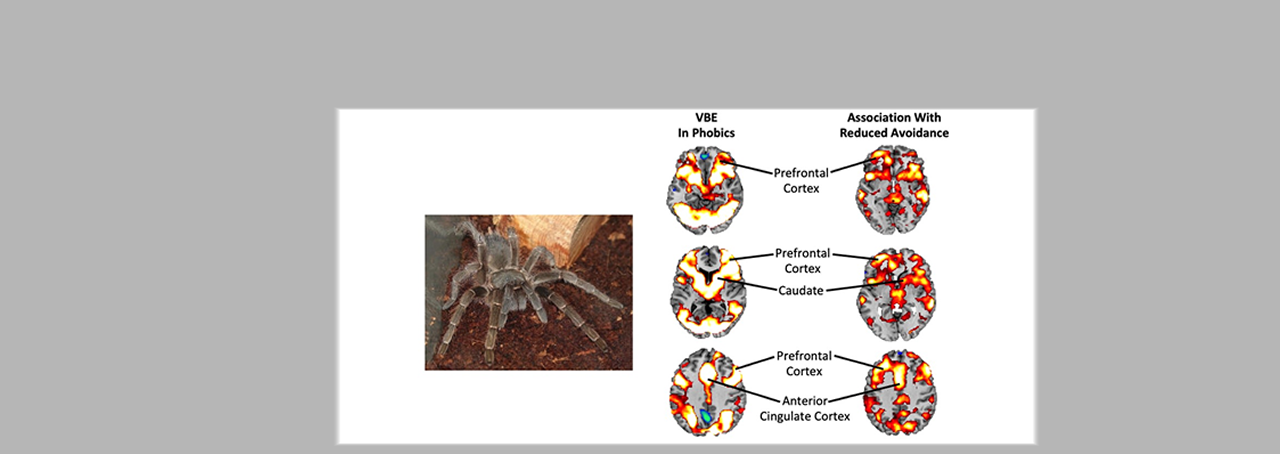Purchase College research reveals potential phobia, PTSD treatment
It has long been maintained that phobic persons must confront their feared situations, or undergo exposure, to reduce fear of them. However, exposure therapies are highly distressing, causing many sufferers to avoid treatment.
In a study published in the November 2020 edition of The Lancet Psychiatry, Purchase College Professor Paul Siegel and Dr. Bradley S. Peterson, Director of Child and Adolescent Psychiatry at the Keck School of Medicine USC, describe how unconscious exposure may be useful as a pre-treatment for standard therapies for extreme and irrational fear reactions.
Siegel and his former Purchase students Lilly Murray, Julianna Campos-Lopes, and Virginia Sims tested if exposure that occurs without conscious awareness, and thus without causing phobic people to experience distress, can reduce fear by harnessing the brain circuitry known to support this process. The research was sponsored by the National Institute of Mental Health.
“In a double blind, placebo-controlled experiment, we used functional magnetic resonance imaging to visualize the immediate effects of unconscious exposure to streams of either spider images or flower images on brain activity. Then we directly related these effects of exposure on brain activity to their subsequent effects on fear symptoms by asking the phobic participants to gradually approach a live tarantula,” Siegel explained.
The research team found that unconscious exposure to spider images activated brain circuits known to support the regulation of fear and its associated behavioral responses. Unconscious exposure did not cause phobic participants to experience fear, and subsequently reduced their avoidance of the tarantula. Siegel notes that these neural and behavioral effects were directly related -- unconscious exposure reduced avoidance of the tarantula by recruiting regions supporting the aforementioned processes.
“These results suggest that unconscious exposure may be useful as a pre-treatment for standard exposure therapies, where it could potentially reduce fear symptoms without inducing distress. It may allow treatment-resistant phobic persons to better tolerate exposure to feared situations,” Siegel said.
Hypothesizing that non-conscious exposure to trauma-related stimuli may help traumatized veterans overcome their resistance of treatment and reduce their fears, Drs. Siegel and Peterson are currently planning fMRI studies of U.S. combat veterans with PTSD.
comments powered by Disqus


